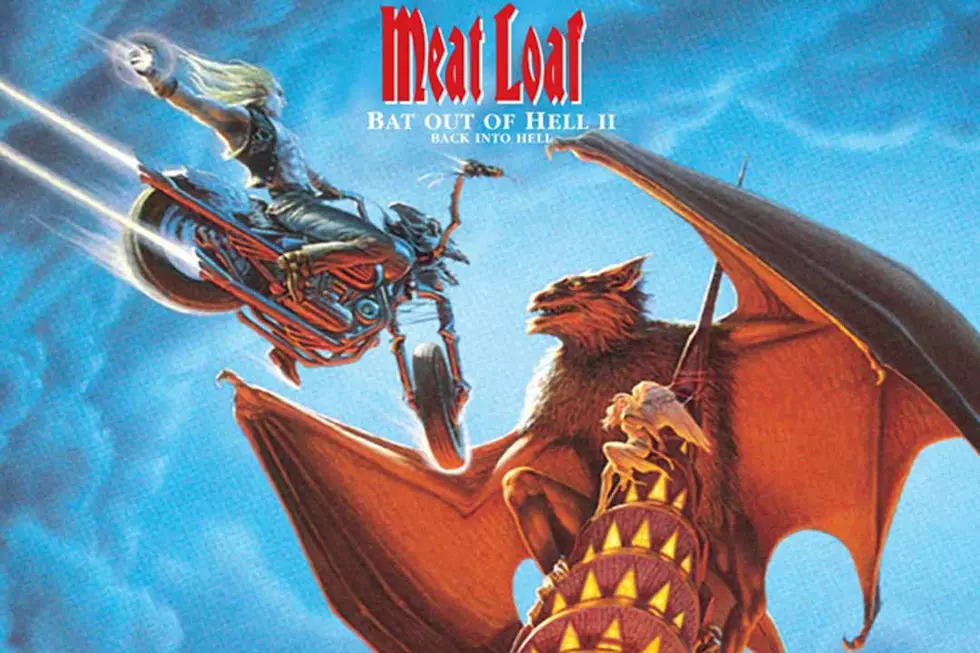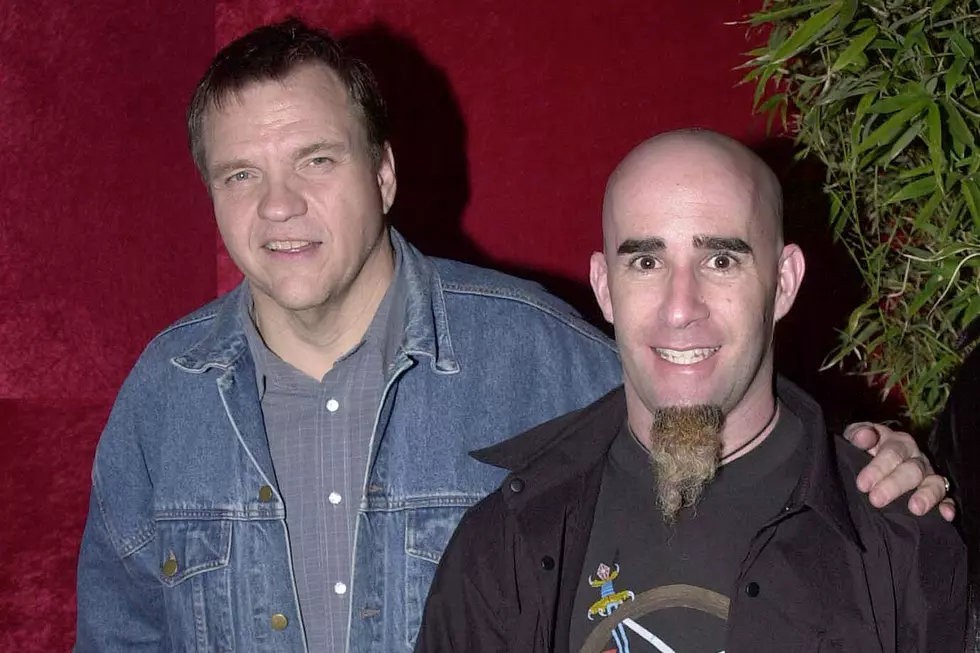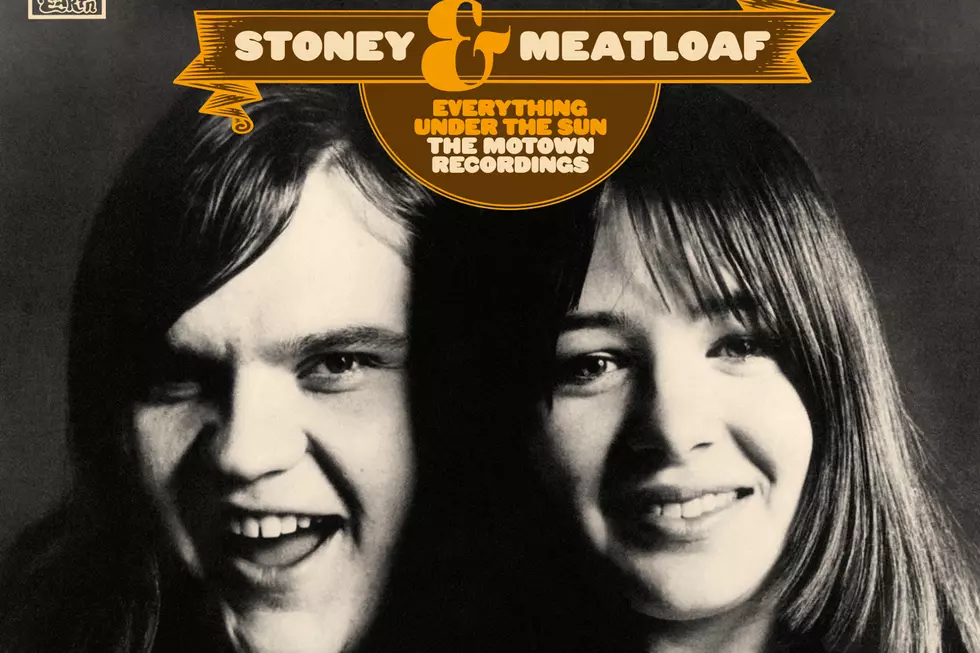
How Meat Loaf Finally Became a Star With ‘Bat Out of Hell’
Meat Loaf was an actor and little-known singer with one minor album and an appearance in The Rocky Horror Picture Show to his credit before he released Bat Out of Hell on Oct. 21, 1977. The album catapulted him to superstar status and became one of the most iconic records of the '70s – though Meat Loaf would become so defined by its success that he struggled to recover for more than a decade.
Bat Out of Hell is as much the brainchild of composer Jim Steinman as it is a Meat Loaf solo album. Steinman began working on the songs that would comprise the album in 1974, while he was composing a musical update of Peter Pan titled Neverland. Steinman and Meat Loaf later toured together as part of a National Lampoon live show, and began collaborating on the three songs they felt were the standouts from that project, with an eye toward developing the material into a cohesive album.
Ironically, given the album's later across-the-board commercial success, the project was initially rejected by every label it was pitched to, including one uncomfortable meeting with legendary power broker Clive Davis, whose response to the length and unusual structure and content of the songs was so negative that he told Steinman he should buy some rock records and learn how to write songs. Todd Rundgren essentially saved the project by agreeing to produce it, though he did so under the impression that it had already been accepted by RCA.
Assembling a large and diverse cast of musicians that included Max Weinberg and Roy Bittan of the E Street Band, Edgar Winter and members of Utopia, Rundgren produced an unusual, eclectic and ultimately groundbreaking record that married elements of hard rock, pop, theater and even opera, all tied together around the essential subject matter of rock and roll: sex.
Watch Meat Loaf's Video for 'Paradise by the Dashboard Light'
One of the album's highlights, "Paradise by the Dashboard Light," recounts a couple making out in a car, with a literal play-by-play from legendary baseball announcer Phil Rizzuto, who later claimed he did not know the narrative he provided in the studio was intended to describe a sexual experience. Other key tracks included "You Took the Words Right Out of My Mouth," "Two Out of Three Ain't Bad" and "For Crying Out Loud."
After another rough patch of remixes and deals that fell apart, Bat Out of Hell was finally released on Cleveland International, a small label whose parent company was Epic Records. Epic was not excited about the record, and due to little promotion the initial response was slow, but after Meat Loaf performed the nine-minute title track on The Old Grey Whistle Test television program in England, the album exploded in the U.K., with America and the rest of the world eventually following suit.
Though the album was slow to break, Bat Out of Hell eventually sold 43 million copies worldwide, including 14 million in the U.S. alone. It stayed on the charts in the U.K. for 474 weeks, and in true rock and roll fashion, its enormous financial success spawned a number of lawsuits and bad blood between Meat Loaf, Steinman, and various record labels. Meat Loaf and Steinman would continue their difficult working relationship thereafter, and Meat Loaf's next album, 1981's Dead Ringer, would stiff in America, though it sold respectably in the U.K.
Meat Loaf would continue on a downward career and personal trajectory that resulted in drug abuse, losing his voice, a series of poorly received albums and eventual bankruptcy before reuniting with Steinman for Bat Out of Hell II: Back Into Hell. The album, released in 1993, rocketed Meat Loaf back to the top of the charts and also won him a Grammy. Meat Loaf released Bat Out of Hell III: The Monster is Loose in 2006, sparking off another legal dispute between he and Steinman.
Meat Loaf Through the Years: Photo Gallery
Why Don't More People Like This Meat Loaf Album?
More From Ultimate Classic Rock









